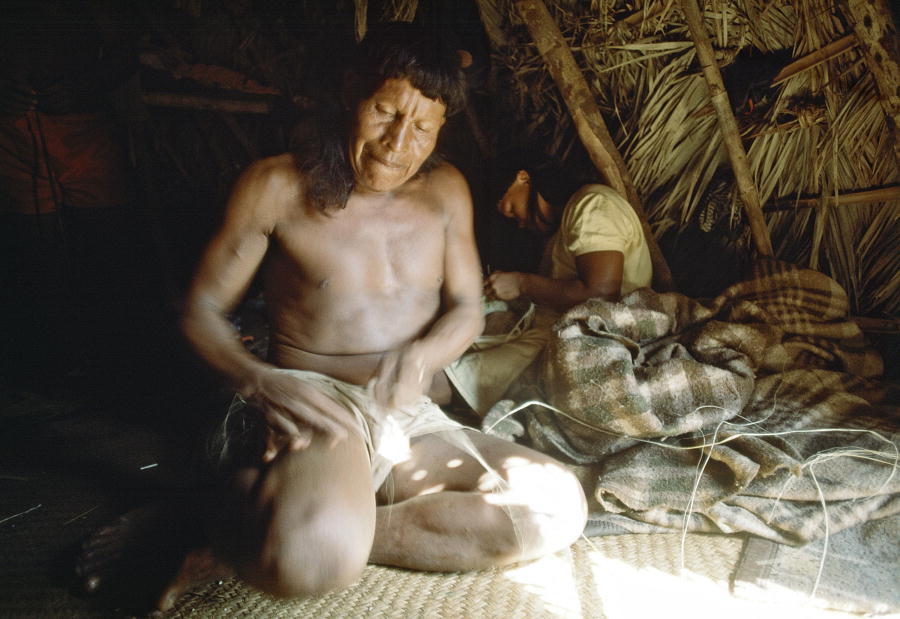
Latin America and the Caribbean have a great diversity of indigenous peoples, with almost 600 peoples representing 12.8% of the general population and even 40% of the population in rural areas. In this same region, there’s also been an intense development of oil, gas and mining activities – especially in the last three decades – due to rising mineral and hydrocarbon prices.
The fact that Latin America has become the main recipient of global mining investment is a major factor in this activity increase. These developments generate great pressure on the lands and territories historically occupied by indigenous and tribal peoples.
Indigenous populations are in many cases subject to exclusion, poverty and marginalization, which makes it difficult to enforce their rights against mining companies and States. However, many indigenous peoples in these regions are ready to fight and demand that their rights to owning lands, territories and natural resources are respected.
The right to free, prior and informed consent has been set as one of the main avenues to guarantee indigenous peoples’ participation in the decision-making processes which affect them. However, this same avenue is being used by States, with support from business actors, to impose mining projects on indigenous territories. This leads to companies and governments creating non-binding consultations, which fail to take indigenous peoples’ opinions into account.
These dodgy consultations, which ultimately deliver permits to companies, usually fail to provide the necessary information to those affected. This can lead to companies coercing or intimidating the indigenous peoples involved. Ignoring the cultural significance of these peoples and undermining their trust shows a remarkable lack of respect by States and companies in the consultation process.
Therefore, on the occasion of the International Day of the World’s Indigenous Peoples, it is vital to remember that the right to consultation needs to be directly linked to the right to self-determination and to land, territory and natural resources, to be truly meaningful. This is a valuable opportunity to remind Latin American States to fulfill their obligations and take steps to ensure these rights before granting extractive projects. The only way to protect the enormous cultural and ecological diversity of the region is to respect all forms of communities that extend across the continent.
1 Naciones Unidas (2015), State of the world’s indigenous peoples, Autor, available at http://www.un.org/esa/socdev/unpfii/documents/2015/sowip2volume-ac.pdf
2 Ballón, Eduardo (2016), Balance: Transparencia de las Industrias Extractivas en América Latina durante el superciclo de las materias primas, RLIE: Lima, available at http://redextractivas.org/images/EstudioBalanceRegionalTransparencia-red.pdf
3 CIDH (2015), Pueblos indígenas, comunidades afrodescendientes y recursos naturales: Protección de derechos humanos en el contexto de actividades de extracción, explotación y desarrollo, Autor: Washington DC, available at http://www.oas.org/es/cidh/informes/pdfs/IndustriasExtractivas2016.pdf